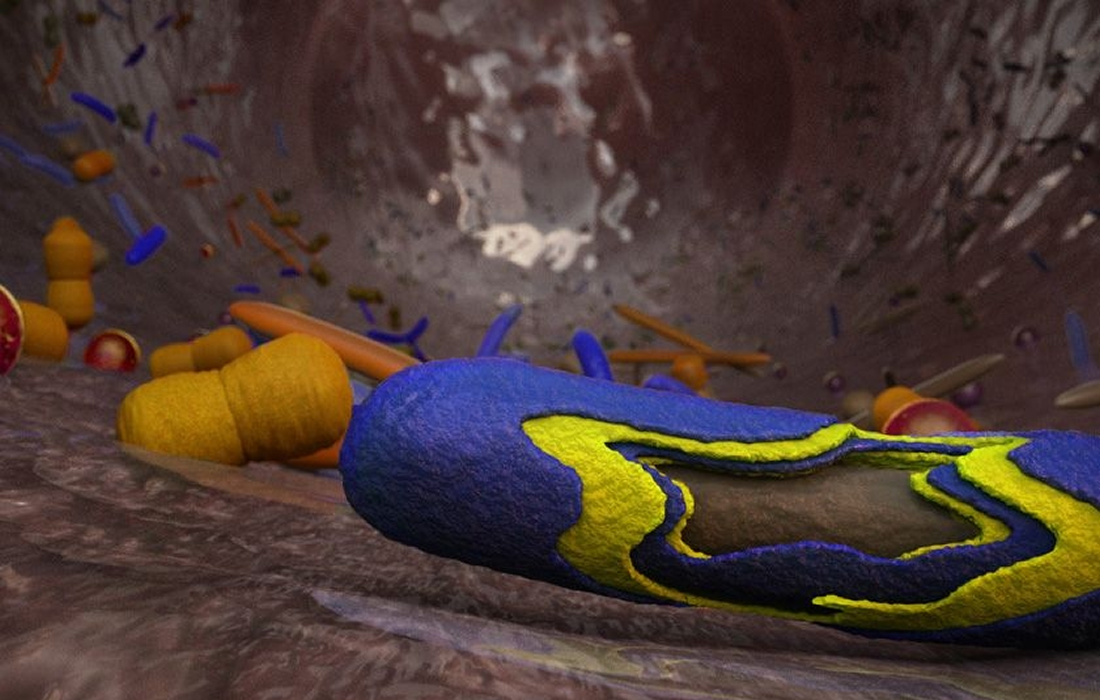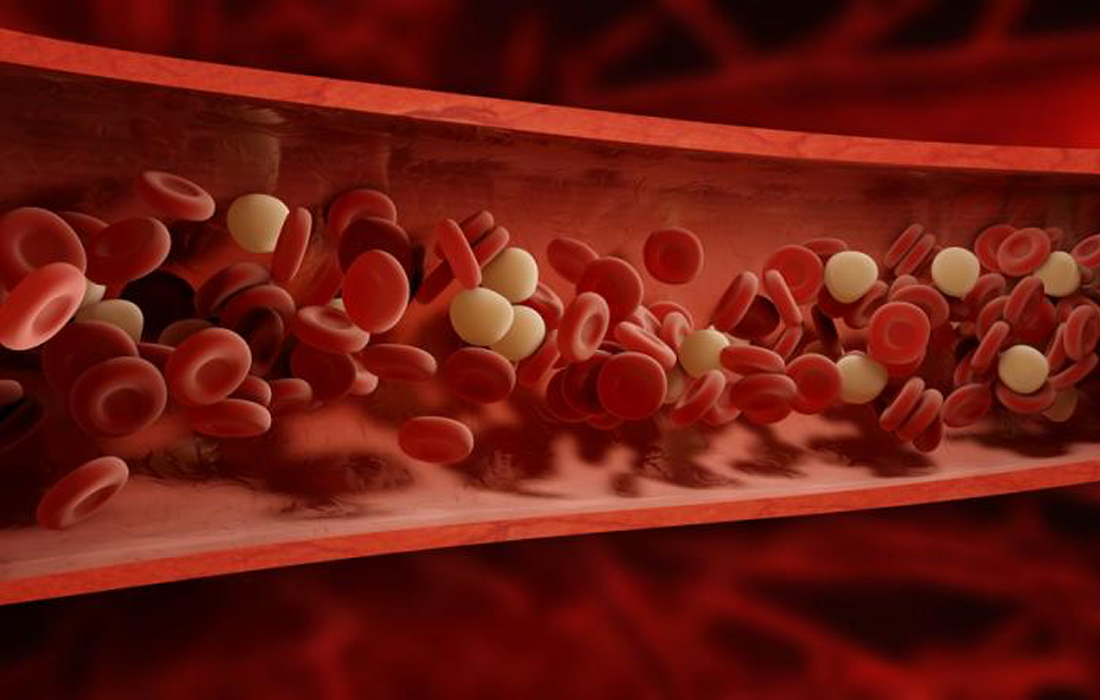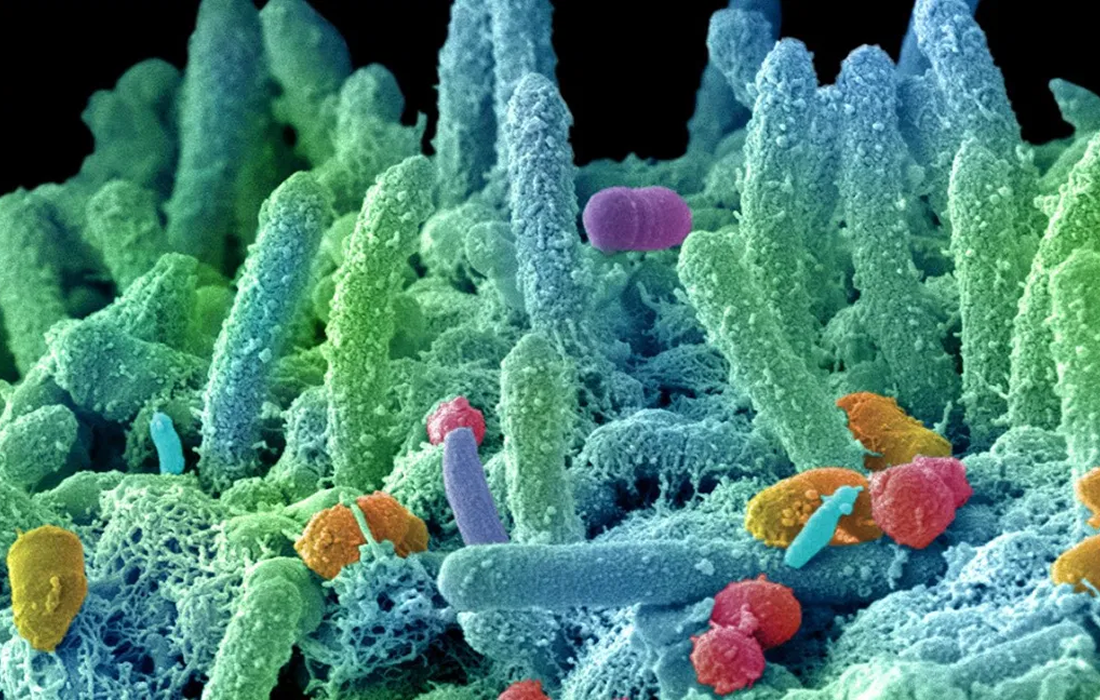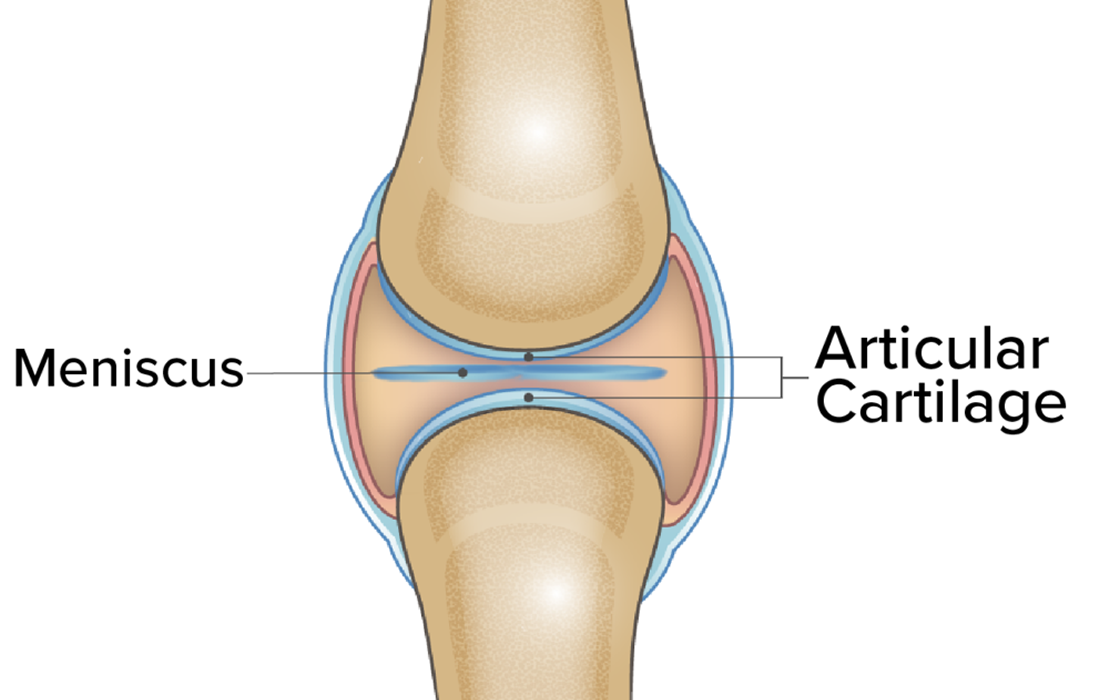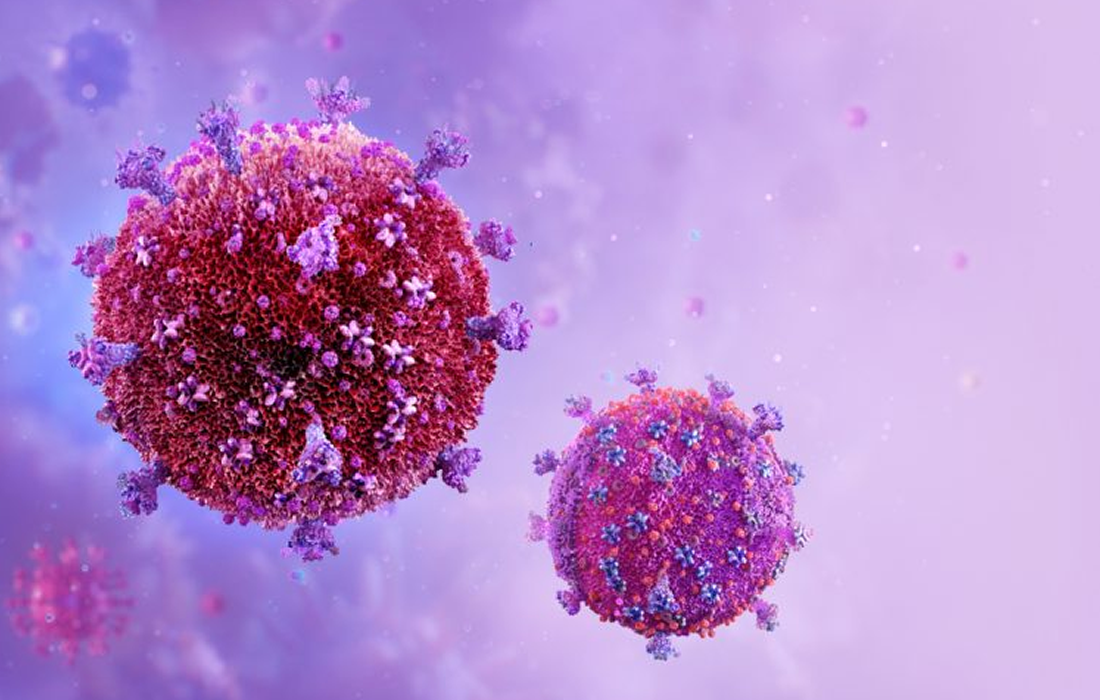The survival and reproductive success of all organisms depend upon their ability to obtain food. Accordingly, animals have evolved behavioral and physiological adaptations that enable them to survive periods of food scarcity or absence. When food is not available for extended periods some organisms become dormant; for example, yeast enters a stationary phase, nematodes enter […]
Monthly Archives: December 2021
Inside of every human body are trillions of microorganisms, bacteria, viruses, fungi and other life forms that are collectively known as microbiome. The group that attracts the most attention in biomedical research is the one in the gut. To better grasp the part that gut microbes play in health and disease, researchers from around the […]
Earth’s climate has changed throughout history. In the last 650,000 years there have been seven cycles of glacial advance and retreat, with the abrupt end of the last ice age about 11,700 years ago marking the beginning of the modern climate era and of human civilization. Most of these climate changes are attributed to very […]
Nearly 1 in 7 couples is infertile, which means they haven’t been able to conceive a child even though they’ve had frequent, unprotected sexual intercourse for a year or longer. In up to half of these couples, male infertility plays at least a partial role. Globally, up to 15% of couples are unable to have […]
Advanced age is typically associated with a decrease in cognitive function, including the formation and retention of new memories. The hippocampus is critical for a range of learning and memory processes, especially spatial learning. It is also one of the two main regions in the mammalian brain in which new neurons continue to be generated […]
Multiple sclerosis (MS) is an autoimmune central nervous system disorder that affects the brain and spinal cord. It causes white blood cells, which normally protect against infections to enter the nervous system and cause damage. In MS antibodies against myelin are produced by the immune system, causing damage to this protective sheath. It is estimated […]
What is Antiphospholipid Syndrome? Antiphospholipid syndrome (APS) occurs when your immune system mistakenly creates antibodies that make your blood much more likely to clot. This can cause dangerous blood clots in the legs, kidneys, lungs and brain. In pregnant women, antiphospholipid syndrome also can result in miscarriage and stillbirth. There’s no cure for antiphospholipid syndrome, […]
Prenatal and early life experiences are critical for human development. Studies have suggested an association between early life exposure to adverse conditions, including maternal high-fat diet, malnutrition, or infections during pregnancy with the development of different diseases, such as inflammatory and metabolic diseases as well as neurodevelopmental disorders. Different studies have suggested that a viral […]
The secretome of mesenchymal stem cells derived from different tissues is considered an innovative therapeutic tool for regenerative medicine. Although their similarities, adipose tissue and bone marrow derived MSCs have different secretory properties, in particular their secreted extracellular vesicles (EVs) or exosomes. MSCs are virtually in all tissues, where part of them localize near the […]
With the failure of the recent HIV-1 vaccine trial1 and ART inefficacies, such as treatment failure following drug resistance in up to 22%, poor compliance in up to 46%, adverse effects in up to 83% of people living with HIV-1, and poor central nervous system penetration, there is a need to re-evaluate the strategies to […]


